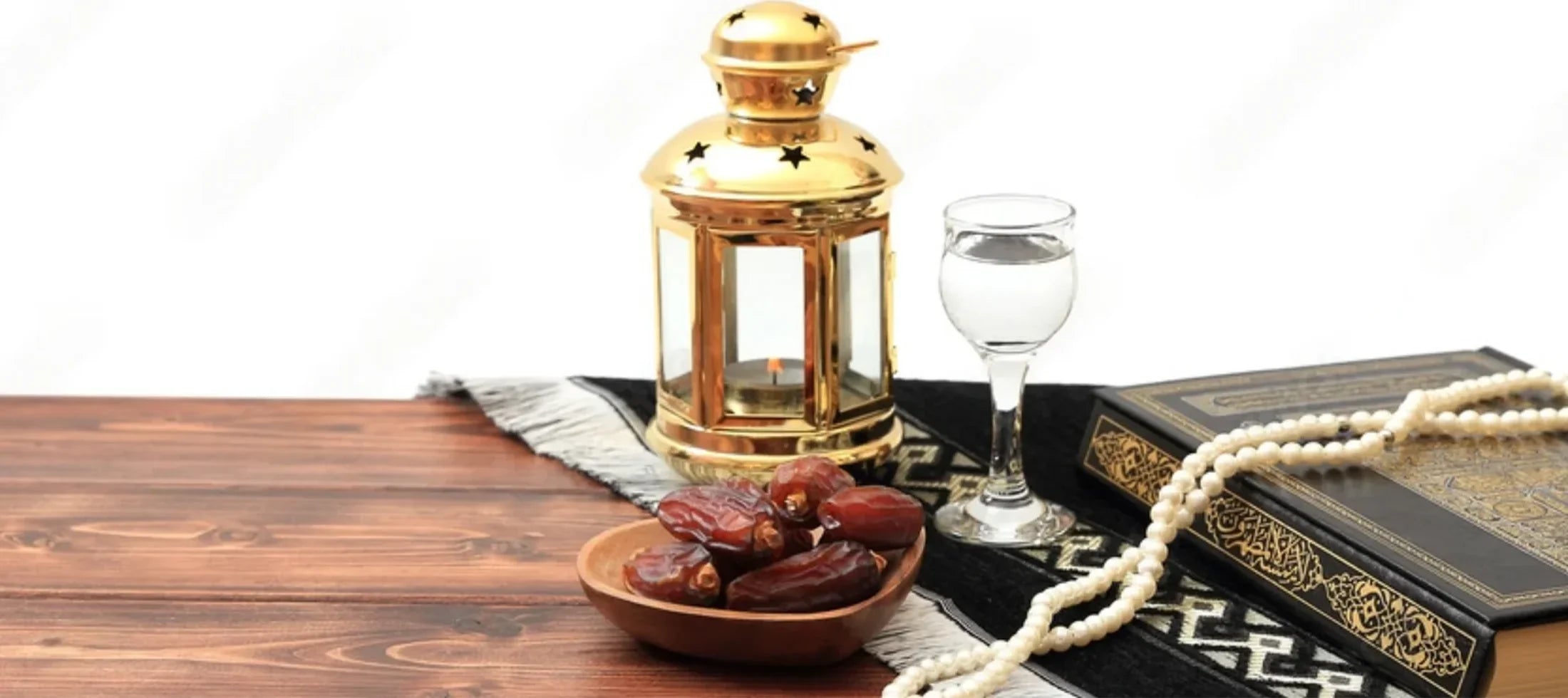Staying hydrated during Ramadan is crucial for a healthy fasting experience. Most people experience mild dehydration during this time, especially if the weather is hot. It leads to exhaustion, headaches, fatigue, and a lack of concentration. Whereas, staying hydrated boosts energy levels, regulates body temperature, and helps maximize physical performance.
Here are some of the best ways to avoid adverse effects and remain hydrated during Ramadan:
Drink Plenty of Water
Aim to consume at least 8-10 glasses of water between iftar and suhoor. You can divide the intake by drinking two glasses during iftar and then sipping a glass after every hour.
You can set alarms or notifications to remind you to drink water. It is recommended to consume lukewarm water instead of cold water as it is absorbed more quickly by the body.
Avoid water-draining foods and drinks
Eating foods that are high in salt, spices, or fried can increase the body's demand for water.
As sodium draws out water from cells, causing more urine output and sweating, leading to fluid loss and dehydration.
Similarly, consuming sugary and caffeinated drinks, such as processed juices, soda, coffee, and tea, can also lead to dehydration instead of hydration. These beverages act as diuretics, increasing urine production and causing the body to lose more fluids. Caffeine stimulates the kidneys to produce more urine. And sugary drinks cause blood sugar levels to spike, leading to dehydration and other health problems.
Eat Hydrating Foods

Make sure to consume foods that are rich in water content like fruits and vegetables. Fruits like watermelon, grapes, peaches, and white melon. As well as vegetables like cucumbers, tomatoes, and lettuce are all excellent choices to keep you hydrated.
These foods not only provide your body with water but also with essential nutrients that are beneficial for your health.
Drink fresh juices or coconut water

Coconut water aids in hydration because there are no artificial additives and is completely organic.
Fresh juices can be a healthy alternative to sugary drinks because they are low in calories.
Both drinks have an abundance of electrolytes, vitamins and minerals to replenish the body. These drinks can provide a quick burst of energy and help combat fatigue during the day.
Avoid physical activities and sun exposure
Excessive sun exposure and physical activities during the day can lead to excessive sweating and fluid loss, which can exacerbate the effects of fasting and makes you dehydrated.
It is good to schedule outdoor activities and workouts in the early morning when the temperature is cooler. Or after iftar when the body is better equipped to handle physical activities and prevent dehydration, exhaustion, and fatigue.
Takeaway
By following these simple tweaks and eating foods in moderation you can prevent dehydration and the unpleasant symptoms associated with it. These changes will help to maintain optimal hydration levels during Ramadan.
Reviewed by Certified Dietitian



Share:
The Proper Way To Have Sehri
Help Yourself For a Healthy Body